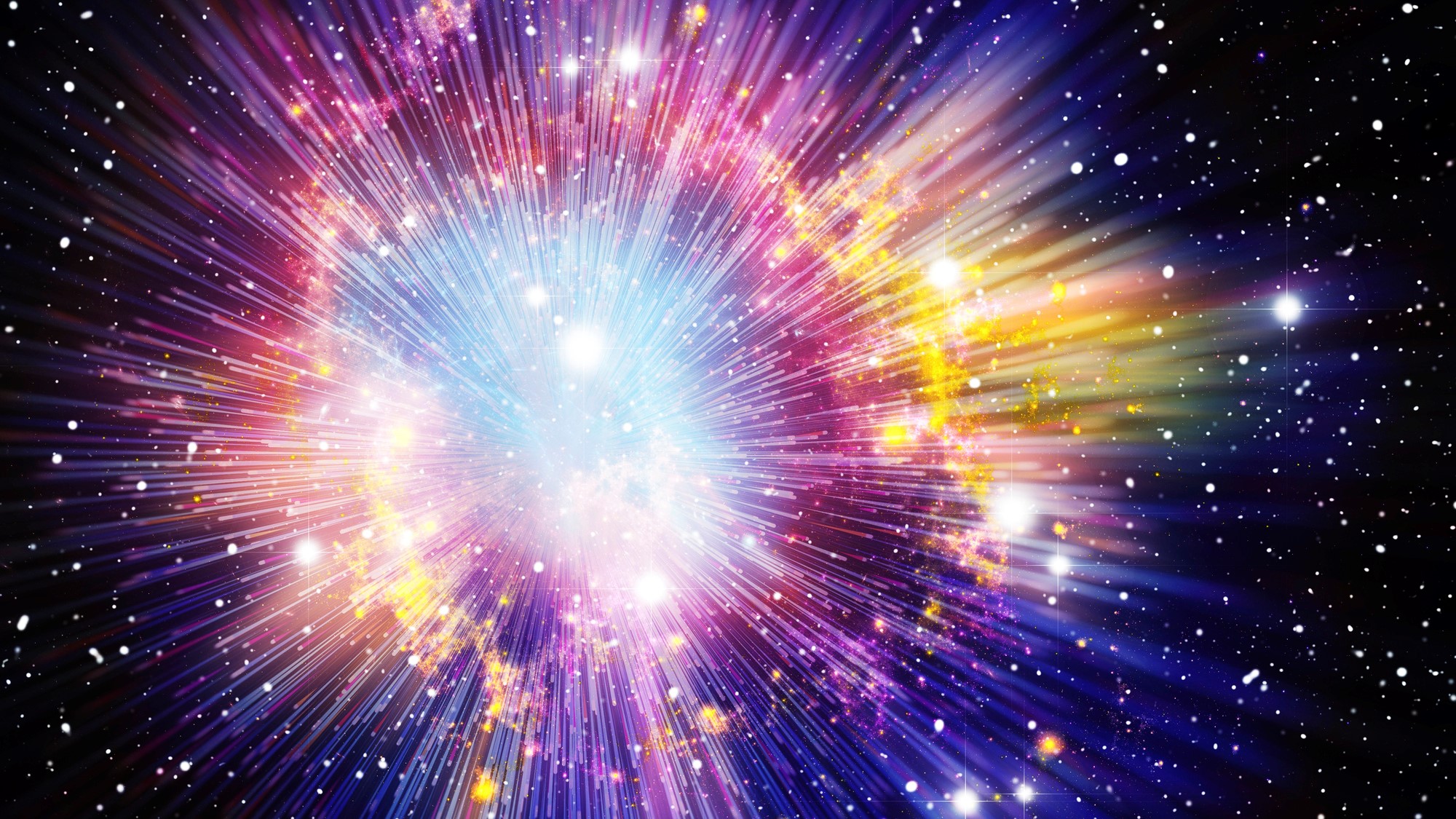The Big Bang theory is the prevailing scientific model for the origin and evolution of the universe. It proposes that the universe began as a singularity, a point of infinite density and temperature, and expanded rapidly in a massive explosion that created space and time as we know it. In this blog, we'll explore the Big Bang theory in more detail, as well as its relationship to the Quranic account of creation.
The Big Bang theory is supported by a wide range of evidence, including observations of the cosmic microwave background radiation, the abundance of light elements, and the large-scale structure of the universe. These observations suggest that the universe is expanding and has been expanding since its creation. The theory proposes that the universe began around 13.8 billion years ago and has been evolving ever since, with galaxies and clusters of galaxies forming through the gravitational collapse of matter.
In the Quranic account of creation, God is said to have created the universe out of nothing, with the phrase "Kun fayakun" often translated as "Be, and it is." While the Quran does not provide a detailed scientific account of the creation of the universe, it does emphasize the unity and purpose of creation, as well as the need to understand and appreciate the natural world as a sign of God's power and wisdom.
Some scholars have found parallels between the Big Bang theory and the Quranic account of creation. For example, the idea of a singular origin point that expands rapidly and creates the universe is similar to the concept of tawhid, or the oneness of God, in Islam. The concept of the universe as a continuously expanding and evolving system also emphasizes the idea of divine creativity and ongoing creation.
Despite these parallels, it's important to note that the Big Bang theory is a scientific model that seeks to explain the natural world through empirical evidence and rational inquiry, while the Quranic account of creation is a theological and spiritual account that emphasizes the role of God in the universe. While there may be points of overlap and complementarity between these two perspectives, they operate in different realms of knowledge and understanding.
In conclusion, the Big Bang theory is a powerful scientific model that helps us understand the origin and evolution of the universe. While it is not a perfect or complete explanation, it has provided a framework for understanding the natural world that is supported by a wide range of evidence. The Quranic account of creation, on the other hand, emphasizes the role of God in the universe and invites us to contemplate the beauty and wisdom of creation as a sign of divine power and purpose. By exploring these different perspectives, we can deepen our appreciation for the natural world and our place in it.

